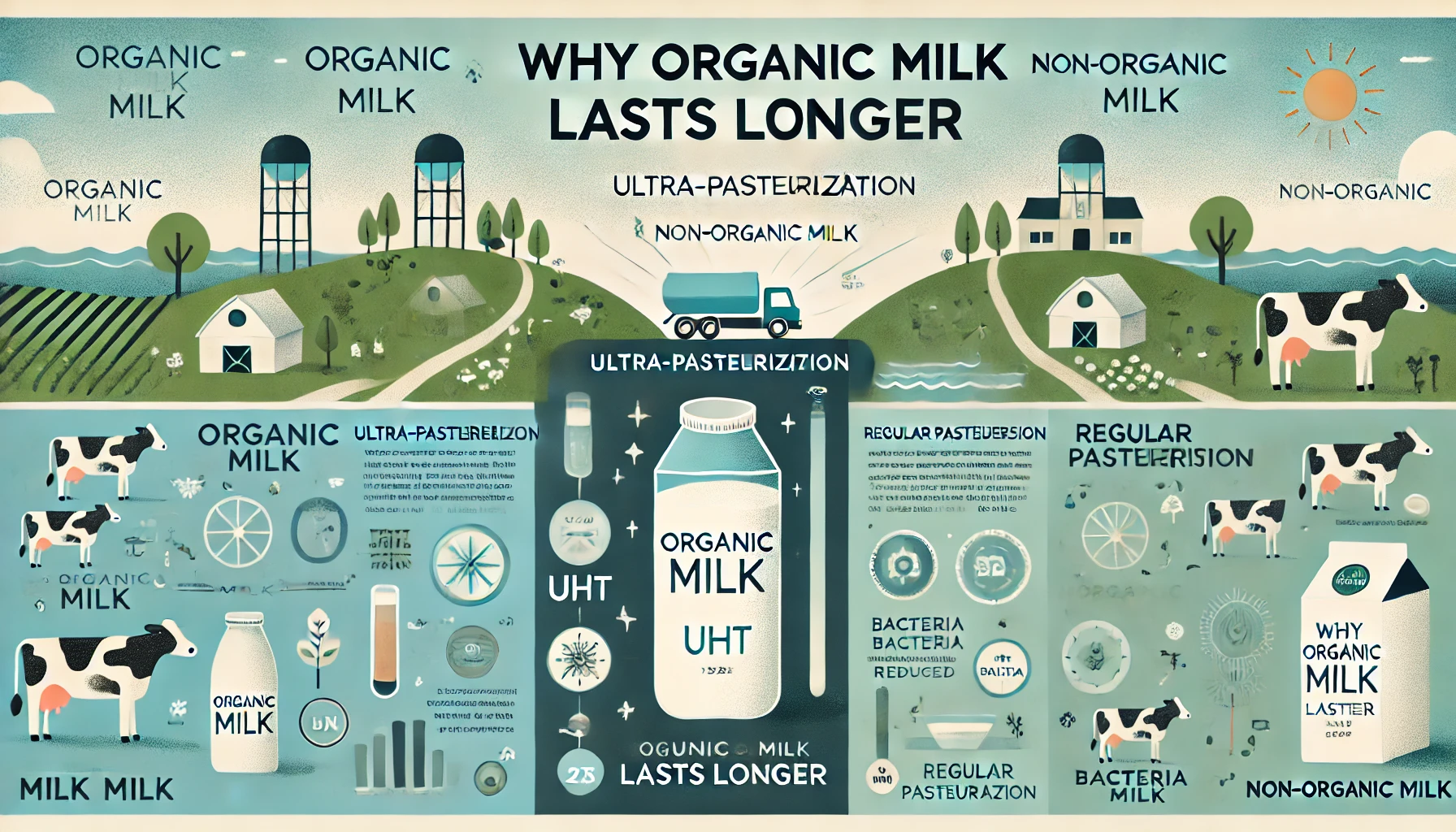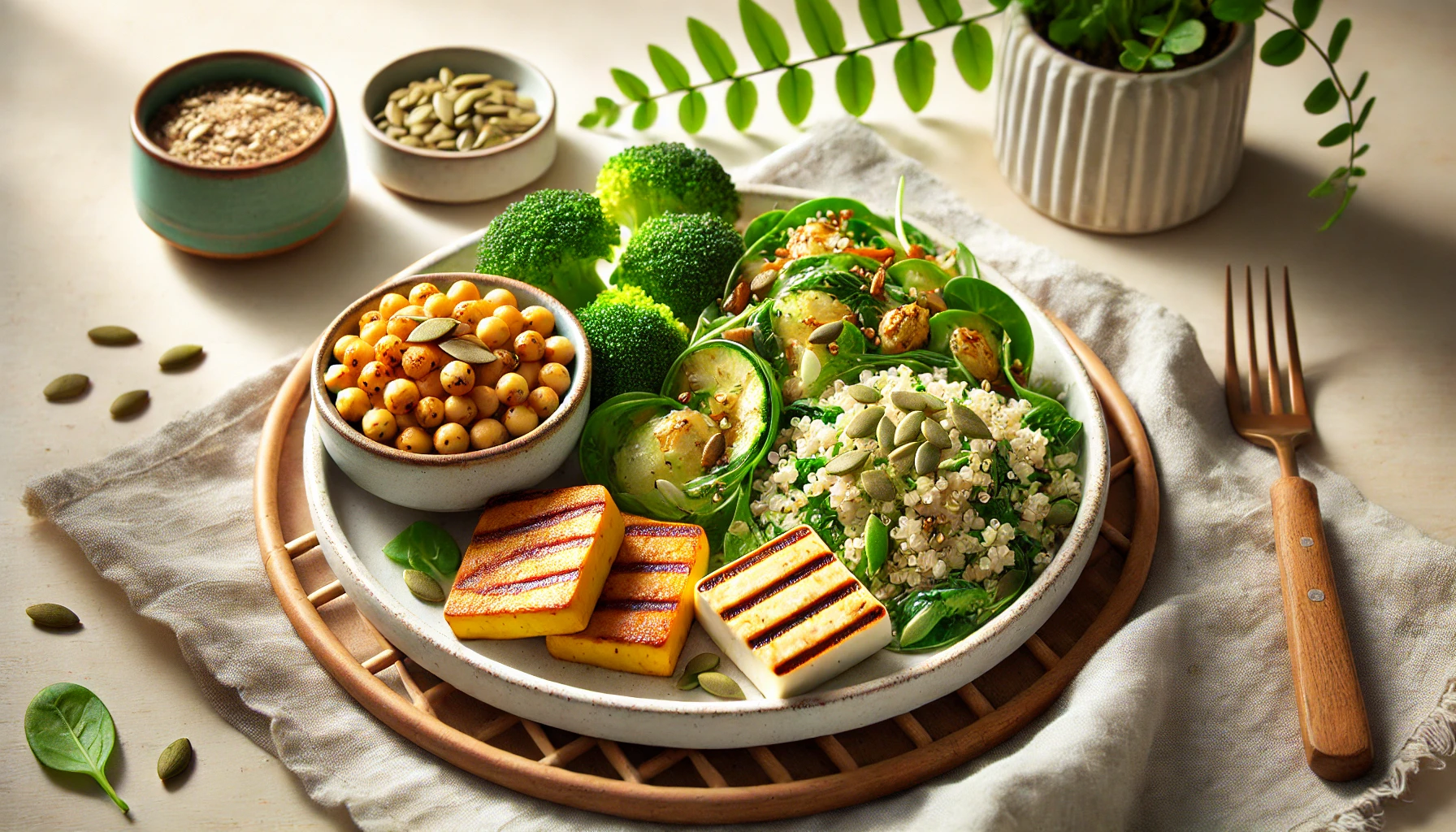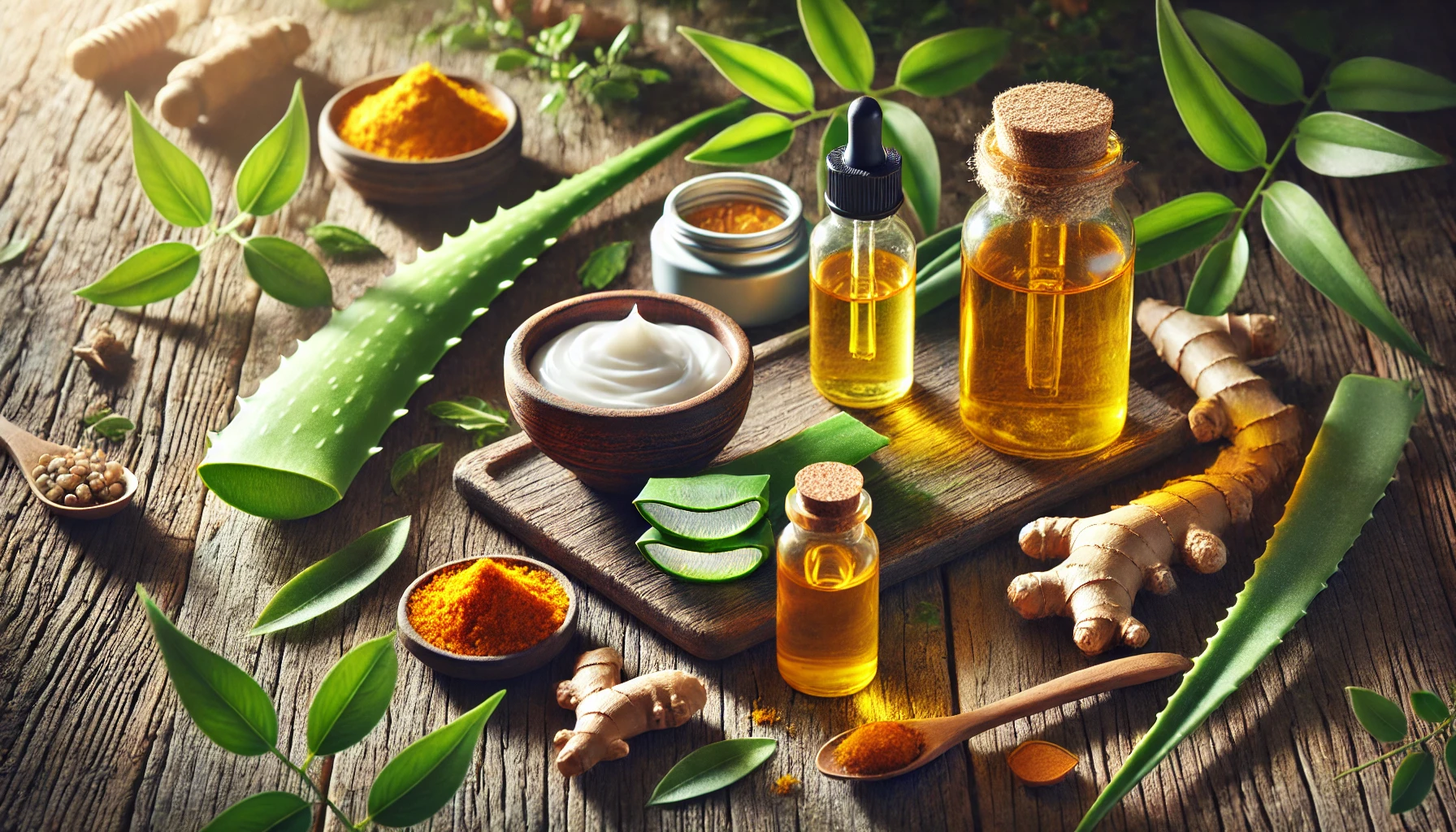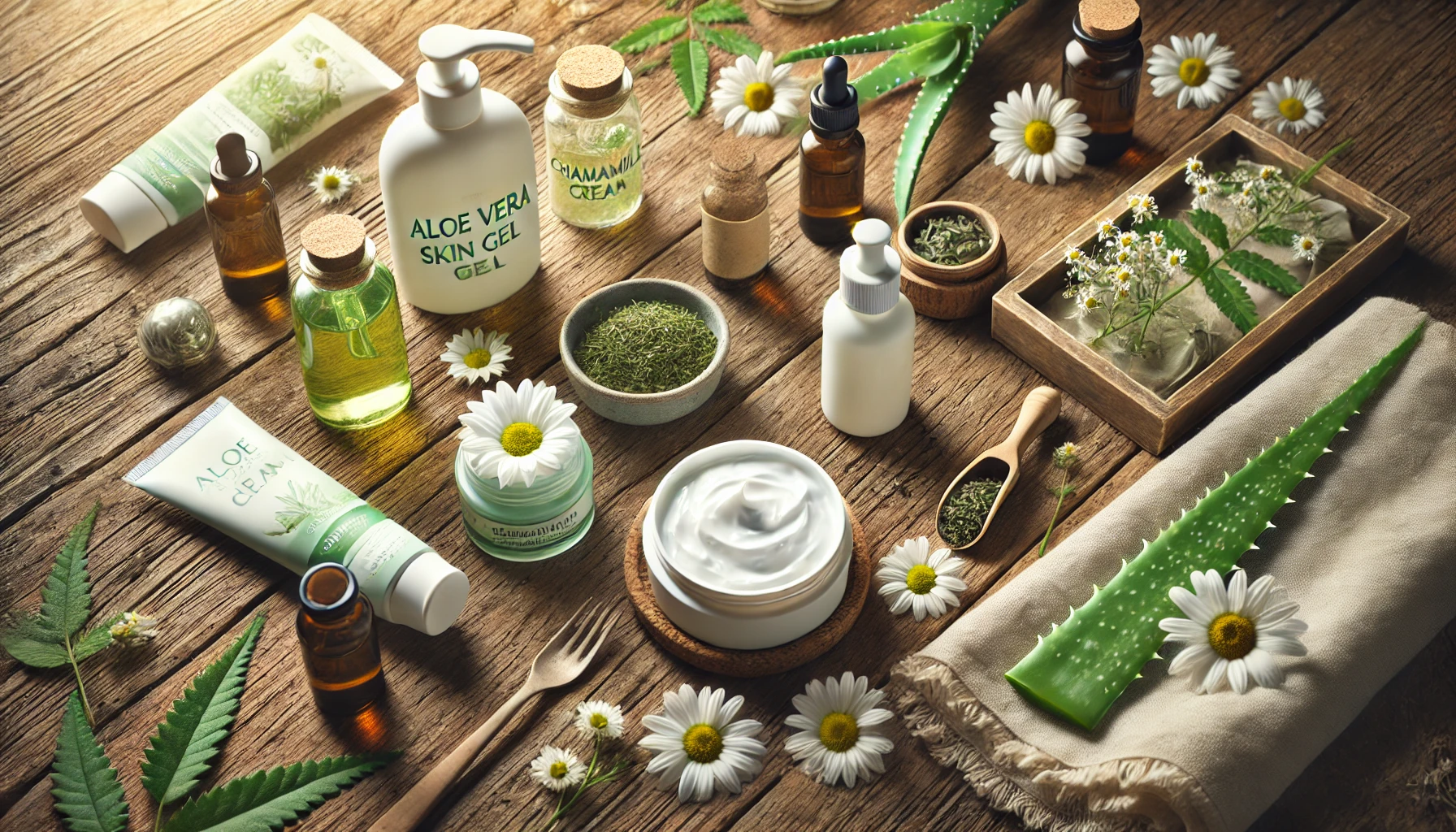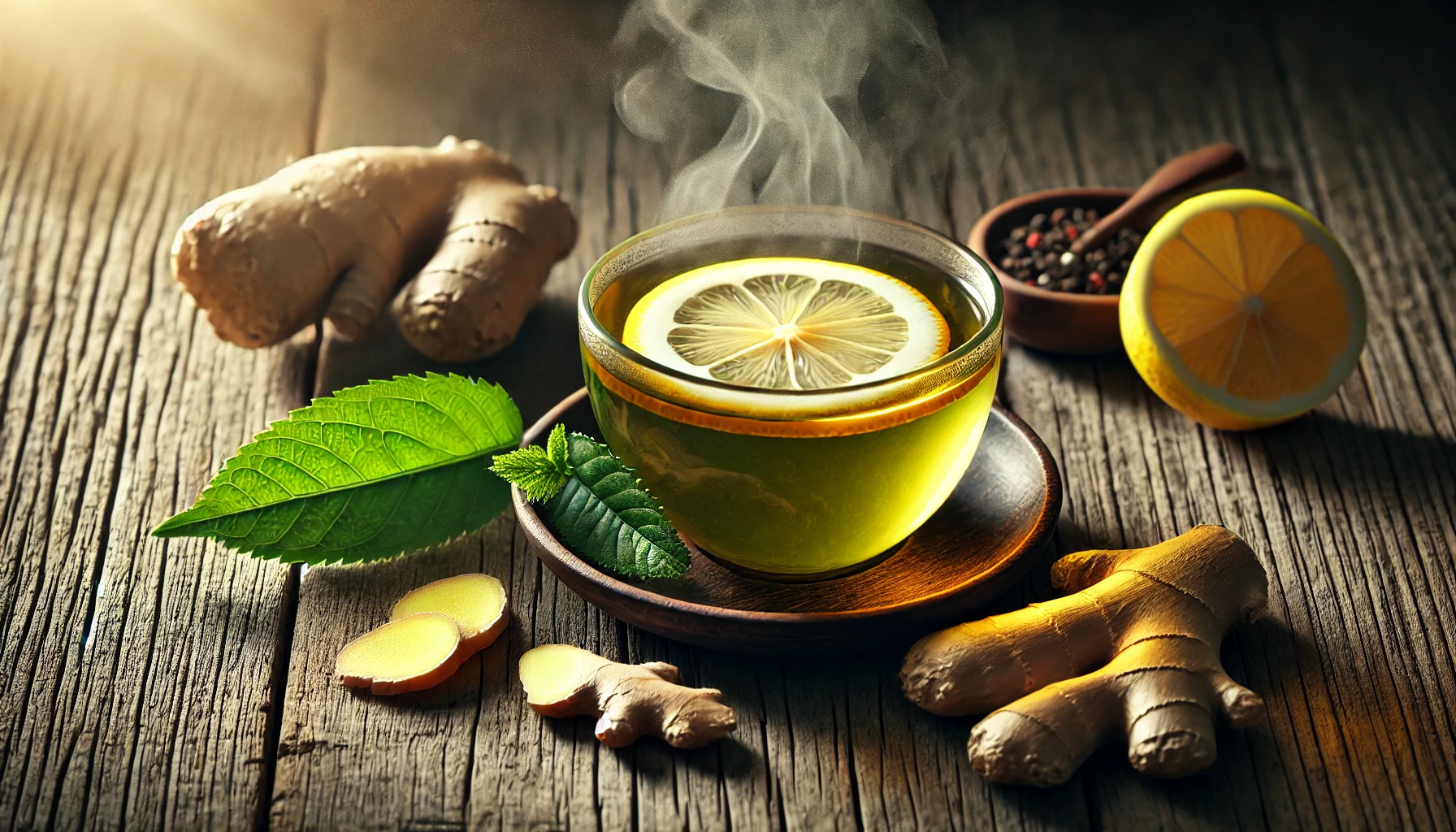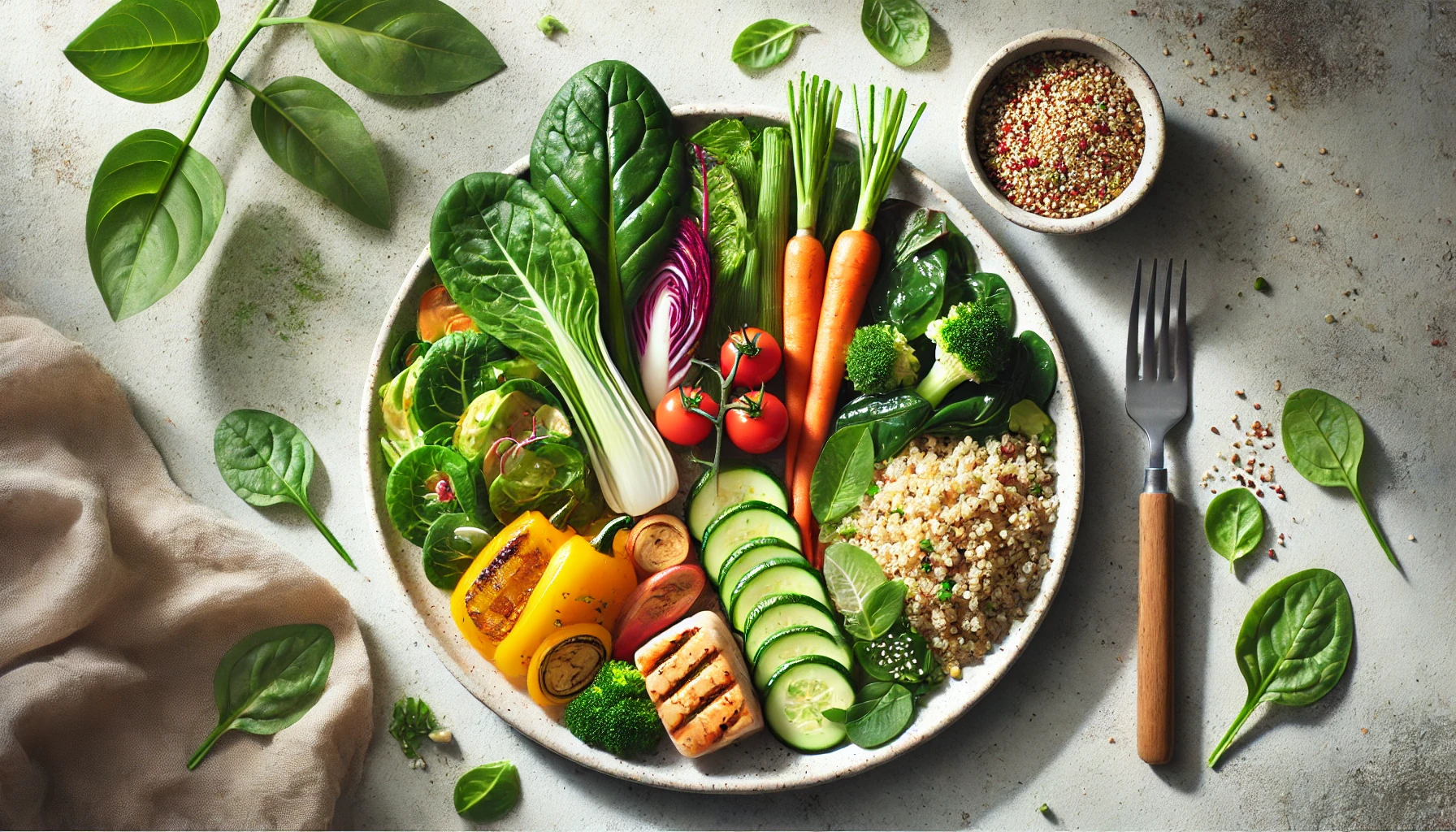Discover why organic milk lasts longer than non-organic milk. Learn how ultra-pasteurization, packaging, and processing extend organic milk’s shelf life compared to regular milk. Expert opinions and FAQs included.
Introduction
If you’ve ever compared organic milk to regular milk at the grocery store, you’ve probably noticed something curious: organic milk has a much longer shelf life. Sometimes, it stays fresh for weeks or even months compared to non-organic milk, which usually expires in about a week. What gives?
Is organic milk somehow magic? Is it because of the cows, the farms, or the packaging? Or is it something happening after the milk leaves the cow? Let’s dive deep into the fascinating science and processes behind organic milk’s extended shelf life.
Quick Answer: Why Does Organic Milk Last Longer?
The main reason organic milk lasts longer is because of the pasteurization method used.
Most organic milk is ultra-pasteurized (UHT – Ultra-High Temperature pasteurization), which heats milk to a much higher temperature than regular pasteurization. This kills more bacteria, giving organic milk a significantly longer shelf life.
But there’s more to the story! Let’s explore the details.
Organic Milk vs. Non-Organic Milk: Key Differences
| Factor | Organic Milk | Non-Organic Milk |
|---|---|---|
| Farming Practices | No synthetic pesticides, organic feed, higher animal welfare | May use conventional feed, antibiotics, and synthetic fertilizers |
| Pasteurization Method | Ultra-High Temperature (UHT) | Standard Pasteurization (HTST) |
| Shelf Life | 30 to 90 days (unopened) | 7 to 10 days (unopened) |
| Price | Higher | Lower |
| Availability | Specialty and regular stores | Widely available |
What is Pasteurization, and Why Does It Matter?
Standard Pasteurization (HTST)
Most regular milk goes through High Temperature Short Time (HTST) pasteurization. This process heats milk to about 161°F (72°C) for 15 seconds, killing most harmful bacteria while preserving the milk’s flavor and nutrients.
- Pros: Maintains fresh taste.
- Cons: Leaves some bacteria alive, so the milk spoils faster.
Ultra-Pasteurization (UHT)
Organic milk is usually ultra-pasteurized, where it’s heated to 280°F (138°C) for 2 seconds. This process kills virtually all bacteria.
- Pros: Much longer shelf life.
- Cons: Slightly alters flavor — some people notice a “cooked” taste.
Why Organic Milk Uses UHT Pasteurization
- Distribution Needs: Organic milk often travels longer distances and sits on shelves longer, so a longer shelf life helps prevent waste.
- Higher Cost: Organic milk already costs more, so reducing spoilage ensures customers feel they get value for their money.
Is Organic Farming the Reason Organic Milk Lasts Longer?
Not Directly — It’s Mostly the Processing
There’s a common misconception that organic milk lasts longer because organic cows are healthier or because organic milk is cleaner. In reality, the farming methods have little to do with shelf life.
The longevity is almost entirely due to UHT pasteurization.
However, organic farming does impact other qualities, like:
- Fatty acid composition (sometimes organic milk has more omega-3s)
- Fewer synthetic chemicals
- Potentially better animal welfare standards
Does Longer Shelf Life Mean Less Nutritious?
UHT’s Impact on Nutrition
The higher heat of UHT pasteurization does break down some heat-sensitive vitamins, particularly:
- Vitamin C (already low in milk)
- Some B vitamins
However, the overall nutrient loss is minimal. For calcium, protein, and most essential nutrients, there’s no significant difference between UHT organic milk and regular milk.
Expert Opinion: Dr. Melissa Harris, Dairy Scientist
“UHT pasteurization slightly reduces certain heat-sensitive vitamins, but overall, organic milk is still highly nutritious. The trade-off is worth it for the extended shelf life, especially for organic products with longer supply chains.”
Does Organic Milk Taste Different?
Slightly — and It’s All About the Heat
Some people notice that organic milk has a “cooked” or “caramelized” flavor. This happens because:
- The higher heat of UHT pasteurization changes milk proteins and sugars.
- These small changes can alter taste, especially for people used to fresh regular milk.
For most people, this difference is subtle and doesn’t impact their enjoyment.
Why Don’t All Milks Use UHT?
If ultra-pasteurization works so well, why isn’t all milk processed this way? There are a few reasons:
- Taste Preferences: Many people prefer the fresher taste of traditionally pasteurized milk.
- Cost: UHT equipment is more expensive.
- Demand: Non-organic milk sells fast enough that long shelf life isn’t as necessary.
Organic Milk Shelf Life: Opened vs. Unopened
| Condition | Shelf Life |
|---|---|
| Unopened (UHT organic milk) | 30 to 90 days, refrigerated |
| Opened (organic milk) | 7 to 10 days, refrigerated |
- After opening, organic milk lasts about as long as regular milk, since it’s exposed to bacteria in the air.
- Keeping milk cold (below 40°F/4°C) extends its freshness.
The Role of Packaging
Airtight Cartons
Many organic milks come in aseptic cartons that further protect against spoilage. Combined with UHT pasteurization, this helps extend shelf life even more.
Myths About Organic Milk’s Shelf Life
| Myth | Reality |
|---|---|
| Organic cows produce cleaner milk. | Shelf life is due to processing, not cleaner milk. |
| Organic milk has preservatives. | No added preservatives — it’s all about UHT pasteurization. |
| Organic milk doesn’t spoil. | It lasts longer unopened, but once opened, it spoils like any milk. |
FAQs
1. Why does organic milk last so long?
Because it’s usually ultra-pasteurized at a much higher temperature than regular milk, killing more bacteria and extending shelf life.
2. Does organic milk have preservatives?
No, organic milk contains no artificial preservatives. Its long shelf life comes purely from UHT pasteurization and aseptic packaging.
3. Does organic milk need to be refrigerated?
Yes, organic milk still needs refrigeration, even if ultra-pasteurized.
4. Is organic milk healthier than regular milk?
Nutritionally, organic and conventional milk are quite similar. Organic milk may have slight advantages in fatty acid composition, but both are nutritious.
5. Can I freeze organic milk?
Yes, you can freeze organic milk, but the texture may change slightly when thawed. It’s fine for cooking and baking after freezing.
Expert Opinions
Dr. Jessica Kim, Food Safety Expert
“Ultra-pasteurization is a game-changer for organic milk’s shelf life. It’s a smart choice for organic products, which often have longer supply chains and need to stay fresh longer.”
Sarah Thompson, Organic Dairy Farmer
“People sometimes think organic milk lasts longer because it’s ‘purer,’ but it’s really about the pasteurization method. Organic farmers prioritize health, but UHT processing is what gives that long shelf life.”
Dr. Anil Kapoor, Nutritionist
“Nutritionally, both organic and conventional milk are excellent sources of calcium, protein, and essential vitamins. The processing differences mainly affect shelf life and taste — not core nutrition.”
Conclusion
The longer shelf life of organic milk is a result of ultra-pasteurization, not organic farming itself. While organic milk may have slight differences in taste and nutritional profile, the extended shelf life helps reduce food waste, making it a practical choice for many households.
For anyone curious about organic dairy, understanding the science behind pasteurization and packaging can help you make informed choices at the grocery store.
